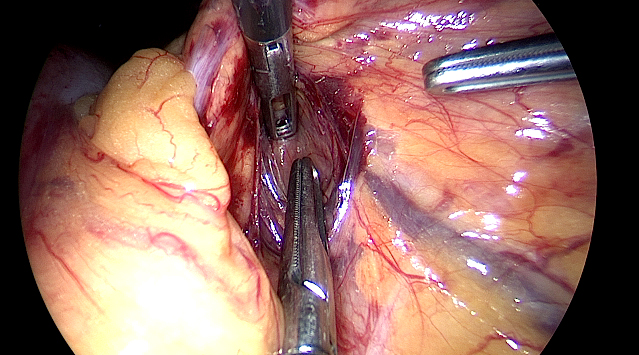Pancreatic polypeptide is a naturally occurring hormone produced by the F cells of the islets of Langerhans in the pancreas. It auto regulates both endocrine and exocrine functions of the pancreas. Secretion is usually secondary to food intake especially after a protein meal. Fasting, exercise and hypoglycemia are other stimulants for the secretion of the hormone. The hormone is decreased in conditions associated with decreased food intake and in obese people. Pancreatic polypeptide inhibits gall bladder contractility, gastric acid secretion and intestinal motility. The hormone has been shown to cause a sustained decrease in appetite and food intake via action on the brain. In the hypothalamus and brainstem, it induces an orexegenic (appetite stimulant) effect. When administered exogenously, it has been shown to decrease food intake and suppress excessive weight gain among study patients. It is also shown to decrease fatty acid levels in the blood.



